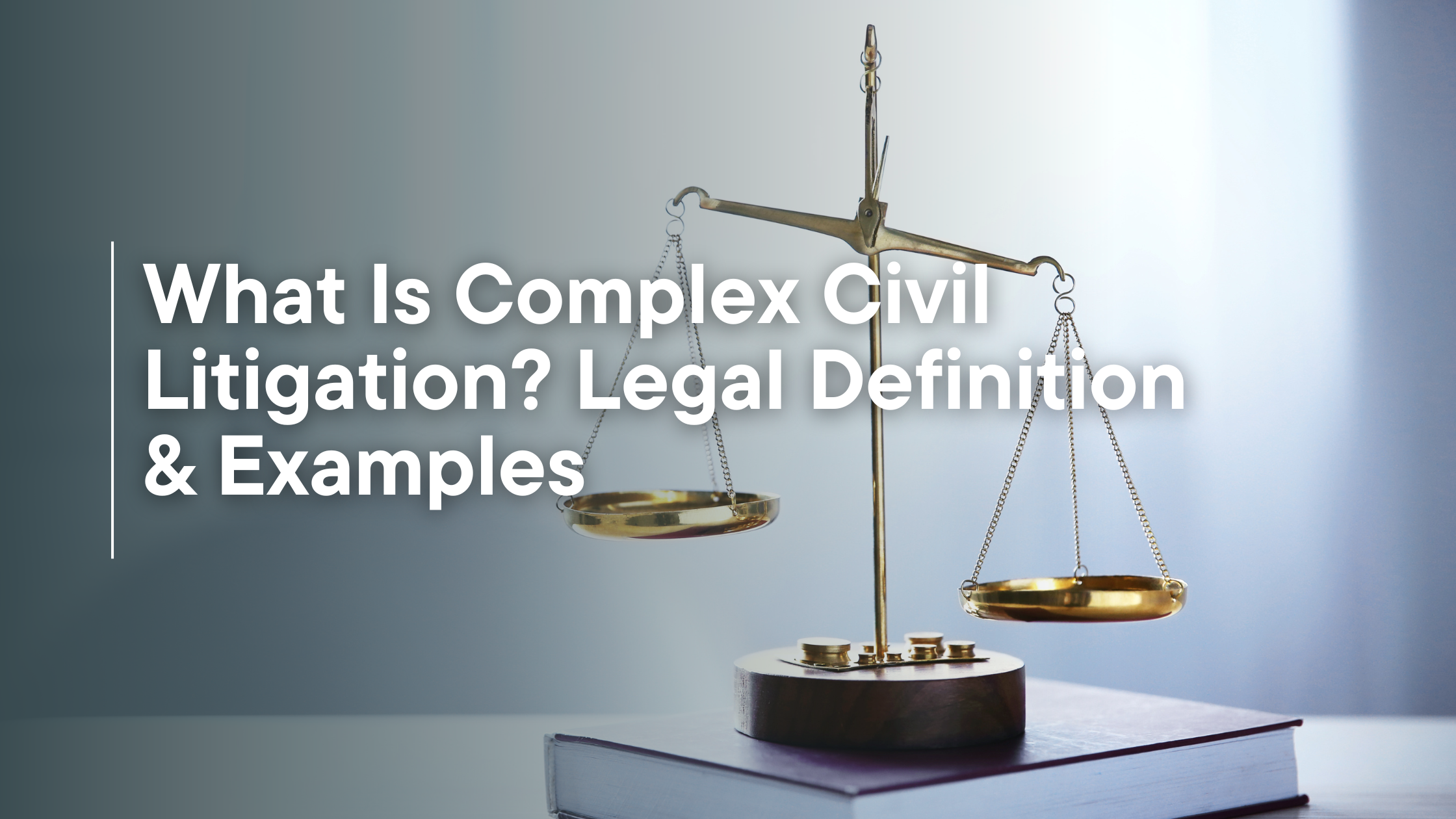When going through a divorce, one of the most critical issues that can arise is the determination of alimony, or spousal support. In New Jersey, the calculation of alimony is complex and depends on several factors, all of which aim to ensure fairness and adequacy for both spouses. At Barli Law LLC, we specialize in guiding clients through this sensitive issue with expertise, aiming for an outcome that protects your financial interests.
In this blog, we’ll explore how alimony is calculated in New Jersey and how Barli Law LLC can help ensure a fair and just spousal support arrangement.
What is Alimony in New Jersey?
Alimony is financial support that one spouse may be required to pay to the other after a divorce. The purpose of alimony is to ensure that both parties can maintain a standard of living similar to what they were accustomed to during the marriage, especially when one spouse is at a financial disadvantage due to the divorce.
New Jersey has guidelines for calculating alimony, but the determination ultimately rests with the court. The judge considers numerous factors to ensure the spousal support is equitable and reflective of both spouses’ needs and ability to pay.
How is Alimony Calculated in New Jersey?
The New Jersey courts look at 13 specific factors when determining alimony. These include:
- The Duration of the Marriage
Longer marriages often result in longer or higher alimony payments. In cases of shorter marriages, the court may award limited or no alimony. - The Standard of Living During the Marriage
The court will evaluate the lifestyle both spouses enjoyed during the marriage. Alimony is intended to help the lower-earning spouse maintain a similar standard of living post-divorce. - Earning Capacity, Educational Level, and Job Skills
The court examines the spouses’ income, educational background, and employability. If one spouse has been out of the workforce for a significant period, alimony may be necessary to allow them time to regain financial independence. - Age and Health of Both Spouses
Older or ill spouses may require more financial assistance, while younger and healthier spouses may be expected to become self-sufficient more quickly. - Contributions to the Marriage
The contributions each spouse made during the marriage are considered. This includes financial contributions, but also non-financial contributions, such as homemaking or caregiving. - Ability to Pay Alimony
A key factor is whether the spouse who is required to pay alimony has the ability to do so. This involves evaluating their income and other financial obligations. - Any History of Domestic Violence
If there has been any history of domestic violence during the marriage, this can influence the alimony determination. - Tax Implications
New Jersey has eliminated tax deductions for alimony payments for the payor spouse under the 2019 Tax Cuts and Jobs Act, so this factor now plays a different role in alimony calculations.
While these factors guide the court, there is no set formula for calculating alimony in New Jersey. Each case is evaluated individually, and the final decision can vary depending on the unique circumstances of the marriage.
Types of Alimony in New Jersey
New Jersey recognizes several types of alimony, each suited for different circumstances:
- Open Durational Alimony: This type of alimony is the most common and is awarded in cases where the marriage lasted over 20 years. It continues until the recipient spouse remarries, either party passes away, or the court modifies the order based on changes in circumstances.
- Rehabilitative Alimony: This is typically temporary support designed to help the recipient spouse gain the skills or education needed to become self-sufficient.
- Limited Duration Alimony: This is awarded when the marriage was of shorter duration and is for a specific period, rather than indefinitely.
- Pendente Lite Alimony: This is temporary alimony awarded during the divorce proceedings to ensure that the spouse requesting alimony can maintain their living situation until the final divorce judgment is issued.
How Barli Law LLC Helps Ensure Fair Alimony Outcomes
At Barli Law LLC, we know that alimony can be one of the most contentious and complex issues during a divorce. Our role is to advocate for our clients and ensure that spousal support is calculated fairly based on the factors outlined by New Jersey law. Here’s how we can help:
- Thorough Evaluation of Financial Situations
We work closely with financial experts to accurately assess the financial situation of both spouses. This includes reviewing assets, debts, income, and expenses to present a full and accurate picture to the court. - Negotiation and Mediation
Whenever possible, we aim to settle alimony disputes outside of court through negotiation or mediation. This helps ensure that our clients reach a fair agreement without the time, cost, and emotional stress of a trial. - Strong Advocacy in Court
If an agreement cannot be reached, we represent our clients in court, ensuring their financial interests are vigorously defended. Our firm is experienced in presenting compelling cases that focus on the fair calculation of alimony. - Alimony Modifications
Life changes after divorce, and sometimes alimony needs to be adjusted. Whether you need to request a modification or defend against one, Barli Law LLC is here to ensure the right steps are taken.
Conclusion
Alimony in New Jersey is a complex issue, but understanding how it is calculated can help you navigate the process with greater confidence. Whether you’re seeking spousal support or need help negotiating a fair alimony arrangement, Barli Law LLC is here to provide expert legal guidance every step of the way.
If you have questions about alimony or any other aspect of your divorce, contact us today at 973-638-1101 or reach out through our website. Let us help you secure a fair and just outcome for your future.
By understanding how alimony is calculated and knowing how Barli Law LLC can help you protect your financial interests, you can navigate this difficult chapter with clarity and confidence.




